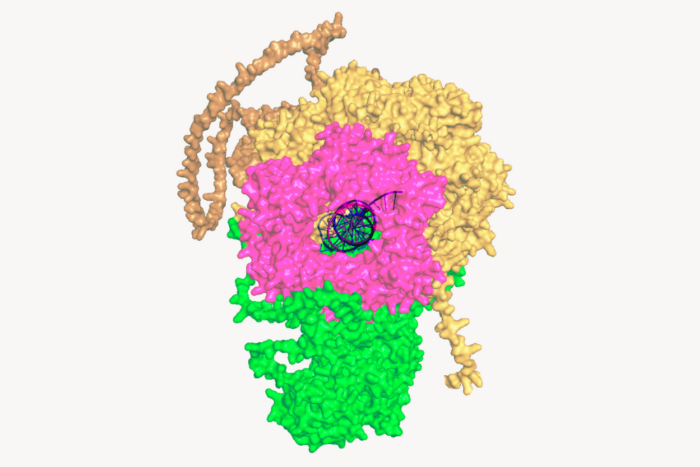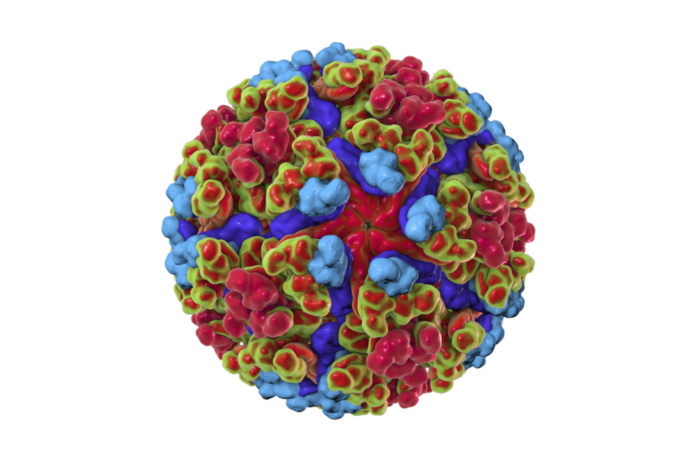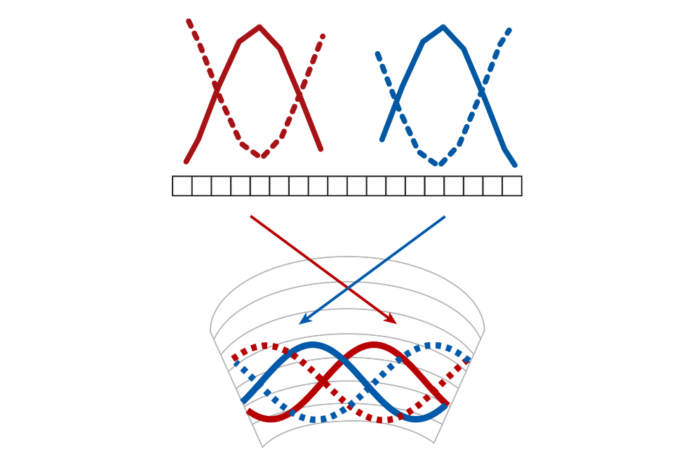2010 Pearl Meister Greengard Prize goes to two pioneers of cancer genetics
Janet Davison Rowley and Mary-Claire King, pioneering cancer geneticists, are the recipients of the 2010 Pearl Meister Greengard Prize awarded by The Rockefeller University. Created to recognize the accomplishments of outstanding female scientists, the $100,000 prize will be presented at a ceremony in the university’s Caspary Auditorium on November 16.
The Pearl Meister Greengard Prize was established by Paul Greengard, Vincent Astor Professor at the university and head of the Laboratory of Molecular and Cellular Neuroscience, and his wife, sculptor Ursula von Rydingsvard. Greengard donated the proceeds of his 2000 Nobel Prize in Physiology or Medicine to Rockefeller University and, in partnership with generous supporters of the university, created the yearly award. Named in memory of Greengard’s mother, who died giving birth to him, the prize was founded to honor women who have made extraordinary contributions to biomedical science, a group that historically has not received appropriate recognition and acclaim.
Commenting on this year’s recipients, Rockefeller University President Paul Nurse says, “Janet Rowley and Mary-Claire King have each made vital contributions to our understanding of cancer as a genetic disease. Their work has advanced the science of genetics and improved medicine for the benefit of humanity.”
Rowley, Blum-Riese Distinguished Service Professor of Medicine, Molecular Genetics and Cell Biology and Human Genetics at the University of Chicago, is regarded as a major champion of the modern cancer cytogenetics movement that helped open the field of molecular oncology. In 1972, Rowley discovered two recurring chromosome translocations involved in human cancer: the 8;21 translocation in acute myelogenous leukemia (AML) and the 9;22 translocation, which results in the Philadelphia chromosome seen in chronic myelogenous leukemia (CML). Rowley’s work provided evidence that genetic abnormalities are a critical factor in cancer and revolutionized cancer research and treatment. The success of the targeted cancer drug Gleevec, based on her discovery of the chromosome translocation in CML, is a notable outcome of Rowley’s seminal findings.
Rowley enrolled in the University of Chicago’s four-year college as a junior in high school. She earned her B.S. in 1946 and her M.D. in 1948 from the University of Chicago. In 1962, after a year as a research trainee in England, Rowley returned to the University of Chicago, as a research associate in the department of medicine. She became an associate professor in 1969, and a full professor in 1977. In 1984, Rowley was named the Blum-Riese Distinguished Service Professor. She has been the recipient of numerous awards including the Albert Lasker Clinical Research Award, the National Medal of Science, the Gruber Prize in Genetics, the Presidential Medal of Freedom, the Jessie Stevenson Kovalenko Award from the National Academy of Sciences and the Award for Lifetime Achievement in Cancer Research from the American Association for Cancer Research.
King, American Cancer Society Professor of Medicine and Genome Sciences at the University of Washington, studies the genetics of complex, common human conditions. Her primary areas of interest are breast and ovarian cancer and genetic influences on major mental illness, especially schizophrenia. Her approach is to apply human genetics and genomics to the identification and characterization of critical genes in informative families and populations. King was the first scientist to show that breast cancer is inherited in some families as the result of mutations in the gene that she named BRCA1. This discovery and her subsequent research on the genetics of schizophrenia and of hearing loss have transformed the understanding of complex disease inheritance. King is also recognized as a pioneer in the development of DNA sequencing for human rights investigations. She has carried out identification of victims of human rights violations for the United Nations War Crimes Tribunal and served as consultant to the Commission on the Disappearance of Persons of the Republic of Argentina.
King received her Ph.D. in genetics from the University of California, Berkeley, in 1972. After completing a postdoc in cancer genetics at UC San Francisco, she returned to UC Berkeley in 1976 as professor of genetics and epidemiology. She accepted her current position as American Cancer Society Professor of Genetics and Medicine at the University of Washington, Seattle, in 1995. She has been an affiliate member of the Fred Hutchinson Cancer Research Center since 1998. King is a member of the National Academy of Sciences, the American Academy Of Arts And Sciences, the Institute of Medicine and a foreign member of the French Academy of Sciences. She is the recipient of the American Society of Clinical Oncology Basic Science Award, the American Cancer Society Medal of Honor for Clinical Research, the Weizmann Institute Award for Women and Science, and the Gruber Prize in Genetics.
The Pearl Meister Greengard Prize ceremony, to be hosted by Rockefeller president Paul Nurse, will take place at 6:30 p.m., Tuesday, November 16. Andrea Mitchell, chief foreign affairs correspondent at NBC News and host of the daily “Andrea Mitchell Reports” on MSNBC, will be the guest speaker at this year’s prize ceremony.


